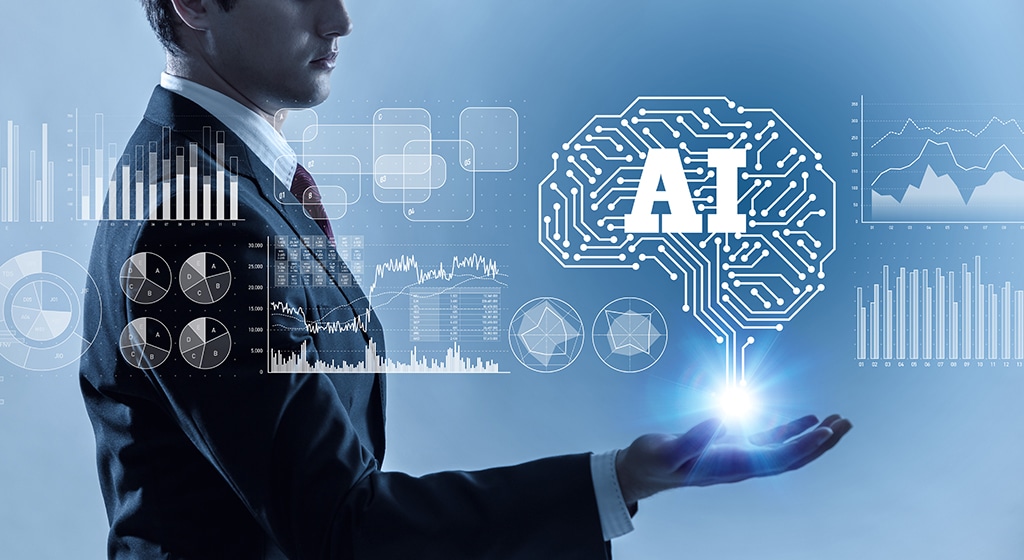PARIS: The world's wealthiest nations must urgently prepare for the impact of an imminent "AI revolution" that will change jobs, create new ones and make others disappear, the OECD said Tuesday. The rapid development of artificial intelligence -- with tools that can generate essays, create images and even pass medical exams -- have raised concerns that it could replace whole sectors of the workforce through automation.
AI has the potential to improve workplace safety by reducing "tedious or dangerous tasks" and lead to higher wages for workers whose skills complement the technology, the OECD report said. But it could also "leave workers with a higher-paced work environment" and reduce wages for those "who find themselves squeezed into a diminished share of tasks due to automation". When taking AI into consideration, jobs at the highest risk of automation account for 27 percent of employment, according to the OECD.
"The use of AI also comes with serious ethical challenges around data protection and privacy, transparency and exploitability, bias and discrimination, automatic decision making and accountability," Scarpetta said. "Urgent action is required to make sure AI is used responsibly and in a trustworthy way in the workplace," he said. "On the one hand, there is a need to enable workers and employers in reaping the benefits of AI while adapting to it, notably through training and social dialogue."










